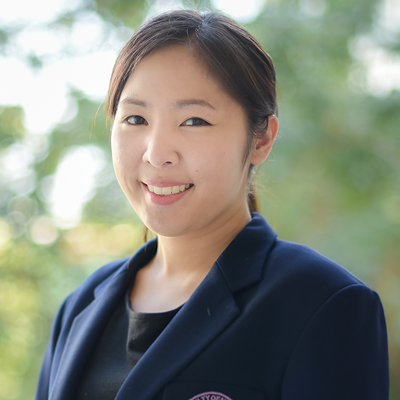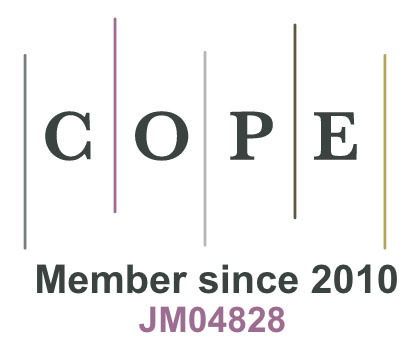Asian Family Caregiver Resilience
The current ANS featued article is titled “Resilience in Family Caregivers of Asian Older Persons with Dementia: A Concept Analysis,” authored by Thitinan Duangjina, MSN, RN; Anne M. Fink, PhD, RN, FAHA; and Valerie Gruss, PhD, APRN, CNP-BC, FAAN. You can download this article at no cost while it is featured. We welcome your comments and discussion here! Thitinan Duangjina shared this information about this work:
Family caregivers must routinely deal with stressful caregiving situations, so they must become resilient in order to recover from the physical and psychological challenges they encounter. Resilience is contextual in nature and depends on sociocultural norms1. Previous concept analyses of resilience focused on caregiving for patients with multiple chronic conditions2, and for spouses/partners of people with young-onset dementia worldwide3. However, the differing nature of caregivers results in different levels of commitment to caregiving. Especially in the Asian context, adult children’s commitment to caregiving is derived from family obligations based on reciprocity and filial piety. The concept of resilience in Asian family caregivers who are adult children of older persons with dementia has not yet been formally defined.
To the best of our knowledge, resilience in family caregivers of Asian older adults with dementia has not been formally defined as a concept. Our study analyzed the concept of resilience in family caregivers of Asian older adults with dementia using Walker and Avant’s concept analysis method4. The attributes, antecedents, and consequences of resilience in this population are presented along with the conceptual definition derived. Also, a model case and borderline case are presented to enhance reader understanding of the concept. Based on the concept analysis, 7 antecedents were found to be risk factors for resilience, and 7 attributes emerged as contributing to resilience. Furthermore, we found that Asian sociocultural factors play roles in both the antecedents and attributes.
The findings of this concept analysis not only extend the body of knowledge available to nursing professionals but also reveal areas where nurses can support resilience in Asian family caregivers. Moreover, we hope that our study results will provide direction for nurse development of culturally aligned, family centered interventions to promote resilience in family caregivers of Asian older persons with dementia.
References
1. Windle G, Bennett KM. Caring relationships: how to promote resilience in challenging times. In: Ungar M, ed. The Social Ecology of Resilience: A Handbook of Theory and Practice. Springer; 2012:219- 231. Assessed March 4, 2022. https://psycnet.apa. org/record/2011-30122-018
2. Garcia-Dia MJ, DiNapoli JM, Garcia-Ona L, Jakubowski R, O’Flaherty D. Concept analysis: resilience. Arch Psychiatr Nurs. 2013;27(6):264- 270. doi: 10.1016/j.apnu.2013.07.003
3. Kobiske KR, Bekhet AK. Resilience in caregivers of partners with young onset dementia: a concept analysis. Issues Ment Health Nurs. 2018;39(5):411-419. doi:10.1080/01612840.2017.1400625
4. Walker L, Avant K. Concept analysis. In: L Walker, K. Avant eds. Strategies for Theory Construction in Nursing. 5th ed. Pearson Education; 2011:157-179.





